"I've noticed a massive improvement in my aiming": How neuroscience can help you get better at Call of Duty
We discovered what happens to your brain when you're playing a first-person shooter, just in time for Black Ops Cold War
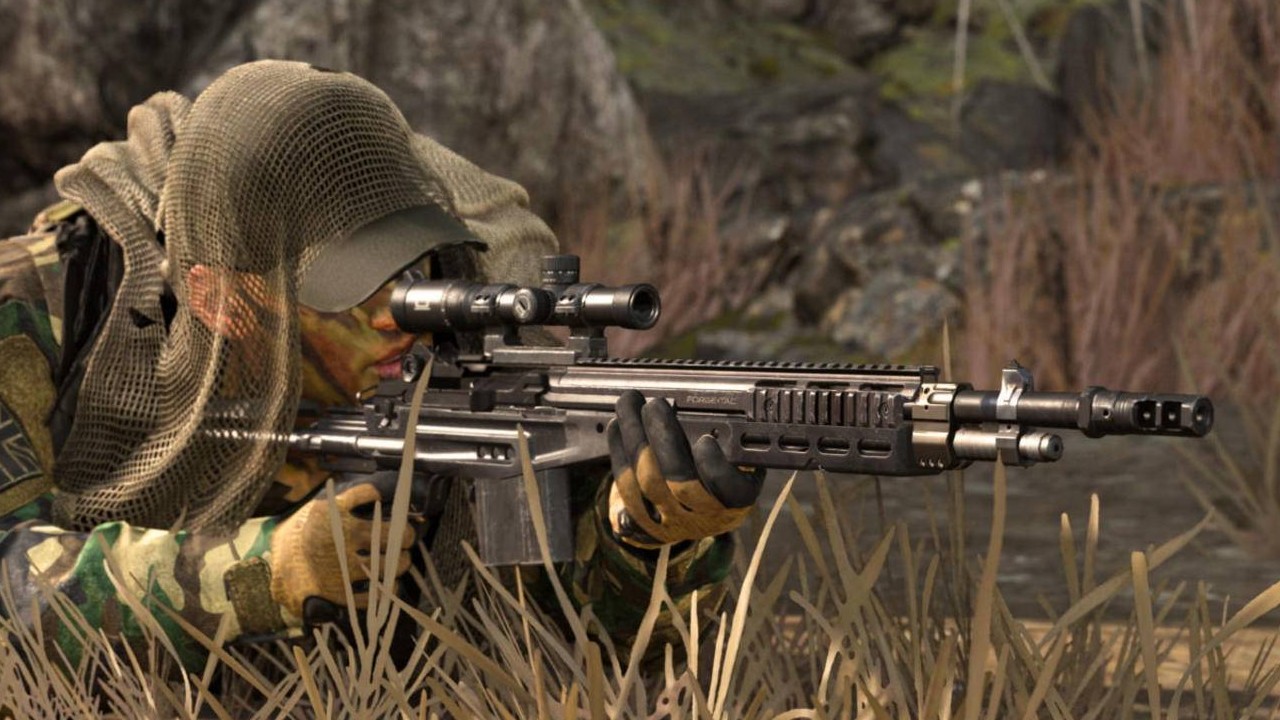
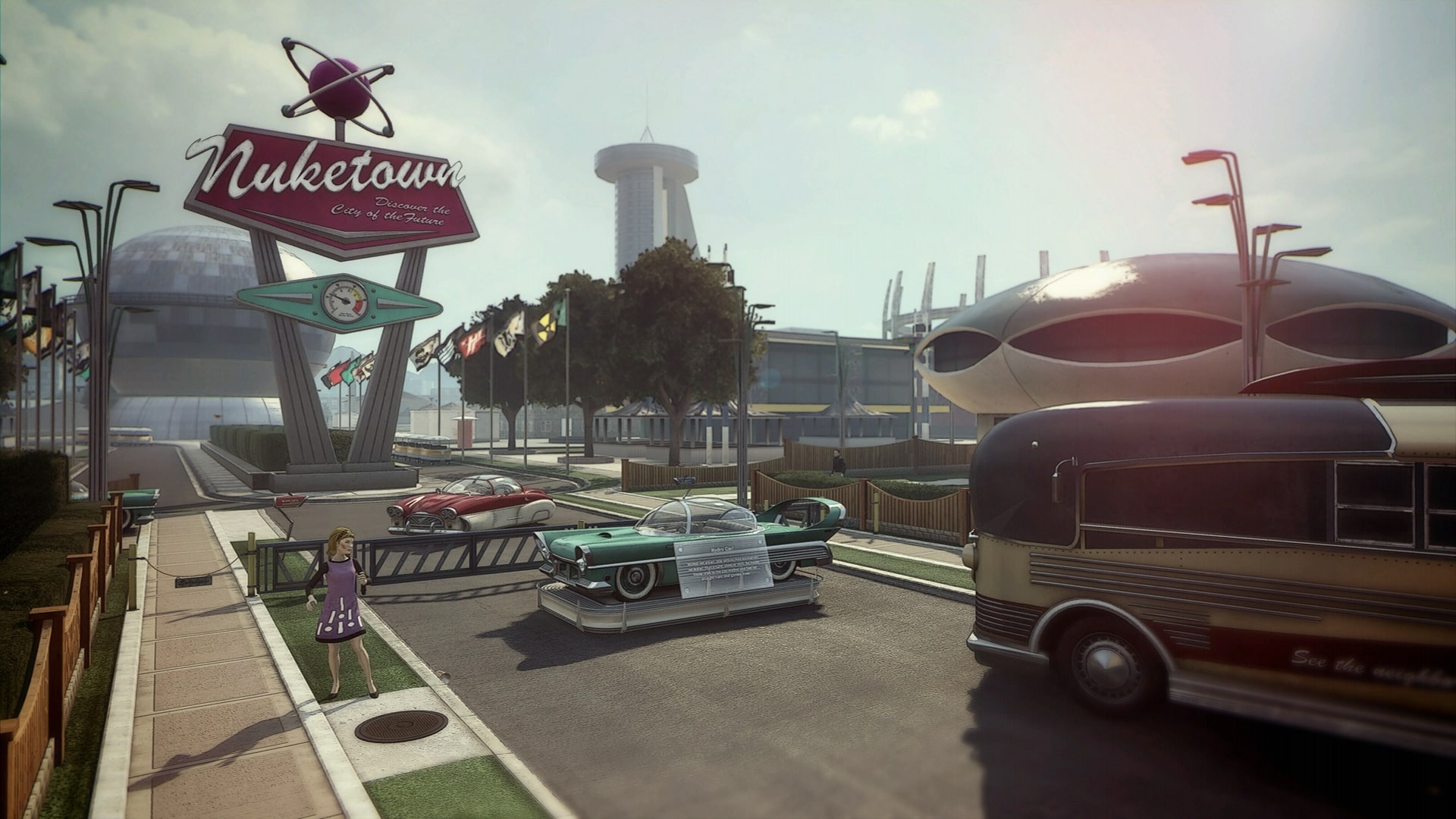
The real-life Nuketown: Where Call of Duty got its most iconic multiplayer map
There remains a woefully prevalent misconception lurking behind the pomp and pageantry of video game shooters, and it's the idea that you're either naturally good at them, or you're not.
Similar to equally false theories that skills such as singing and drawing are innate, and thus unteachable, it's an argument that implies there's no point trying to improve your form with the digital firearm, as you'll never be able to match the talents of the naturally gifted. It's one video game genre where you apparently can't, as they say, 'git gud'.
It's also an idea that is, of course, absolute nonsense, but hopefully you already knew that. What you might not know is the hows and whys of what makes that claim so untrue, especially when it relates to your brain chemistry, and the way in which that lump of fat and tissue lodged between your skull interacts with video games over time.
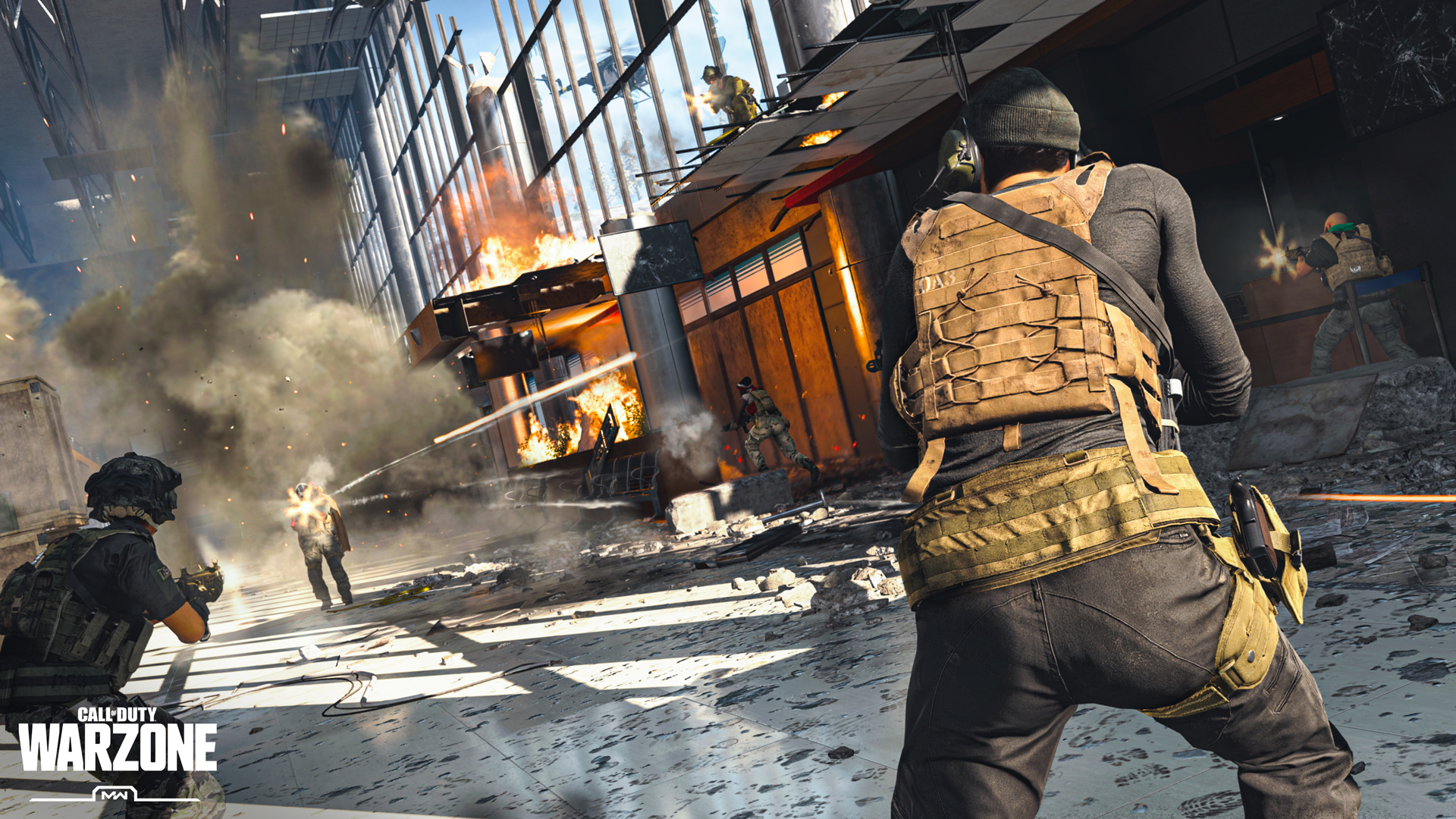
"Most video games will stimulate your mind to some degree," explains Colin Gardner, a PHD student of neuroscience at the University of Georgia, USA.
"But when it comes to shooters, it will be stimulating areas in your brain such as your visual centers, the pathways on which the visual information then travels to go around your brain, and your primary motor cortex, which plays a major part in getting your body to move."
"As you continually play, it'll strengthen neuronal – the cells that make up your nervous system and relay information. This will enhance the connections in your primary motor cortex and allow for faster, better movement with, in this case, your hands and fingers. Although it isn't on the same level as something like playing guitar or the piano, as far as I know, in terms of stimulation it still will provide something for your brain to do and to grow."
Brain training
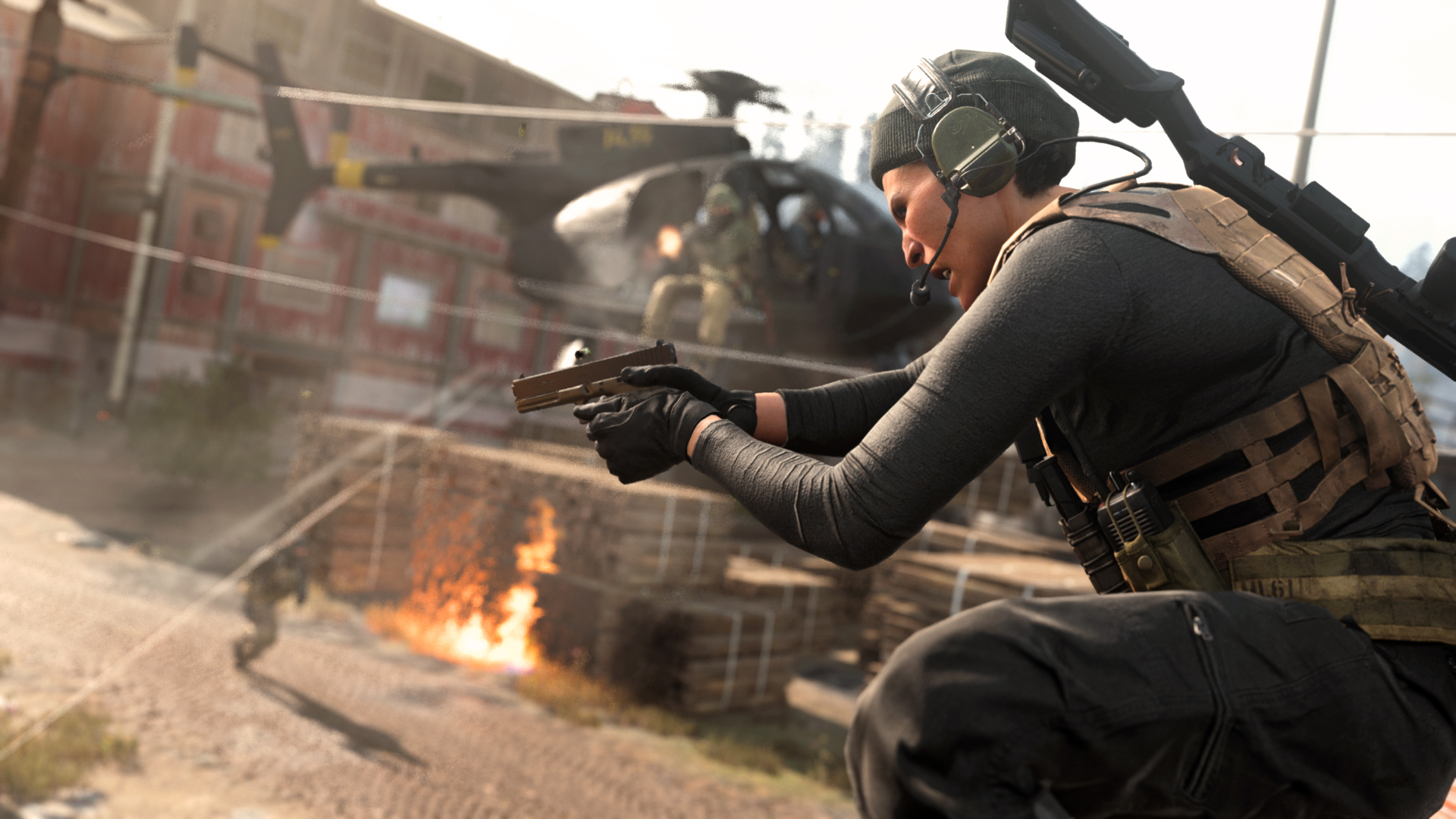
Gardner's interests in both video games and science go back to his childhood, but it's only in recent years that he began to explore the connection between the two. He tells me that he enjoys all sorts of games, but – when it comes to the subject of neuroscience – shooters represent the most interesting genre for study, as their demand for high-speed trigger fingers and pinpoint precision make them the perfect metric "to track improvement in your brain's reaction time and muscle memory".
Weekly digests, tales from the communities you love, and more
"The ridiculous amount of information that has to translate from the screen to your eyes through your brain and down to your hand is just such a cool process in my opinion. Not to get too philosophical, I also think that with shooters it's a good way to improve your mindset and the way you see things. You can always just get mad and say 'bad game is bad', but with shooters there's always areas you can see where you need to improve and things you can do better. I think that's a good mindset to have in life."
A few weeks ago, Gardner floated an idea on the official subreddit for one of his current favourite shooters, Call of Duty: Modern Warfare. Would the COD community be interested in a video that explains "what's going on in your brain as you engage and try to aim onto your opponent"? Within a matter of days, the post had received hundreds of upvotes. Evidently, it seems, a lot of Call of Duty players were keen to unlock the neurological potential behind their K:D ratio.
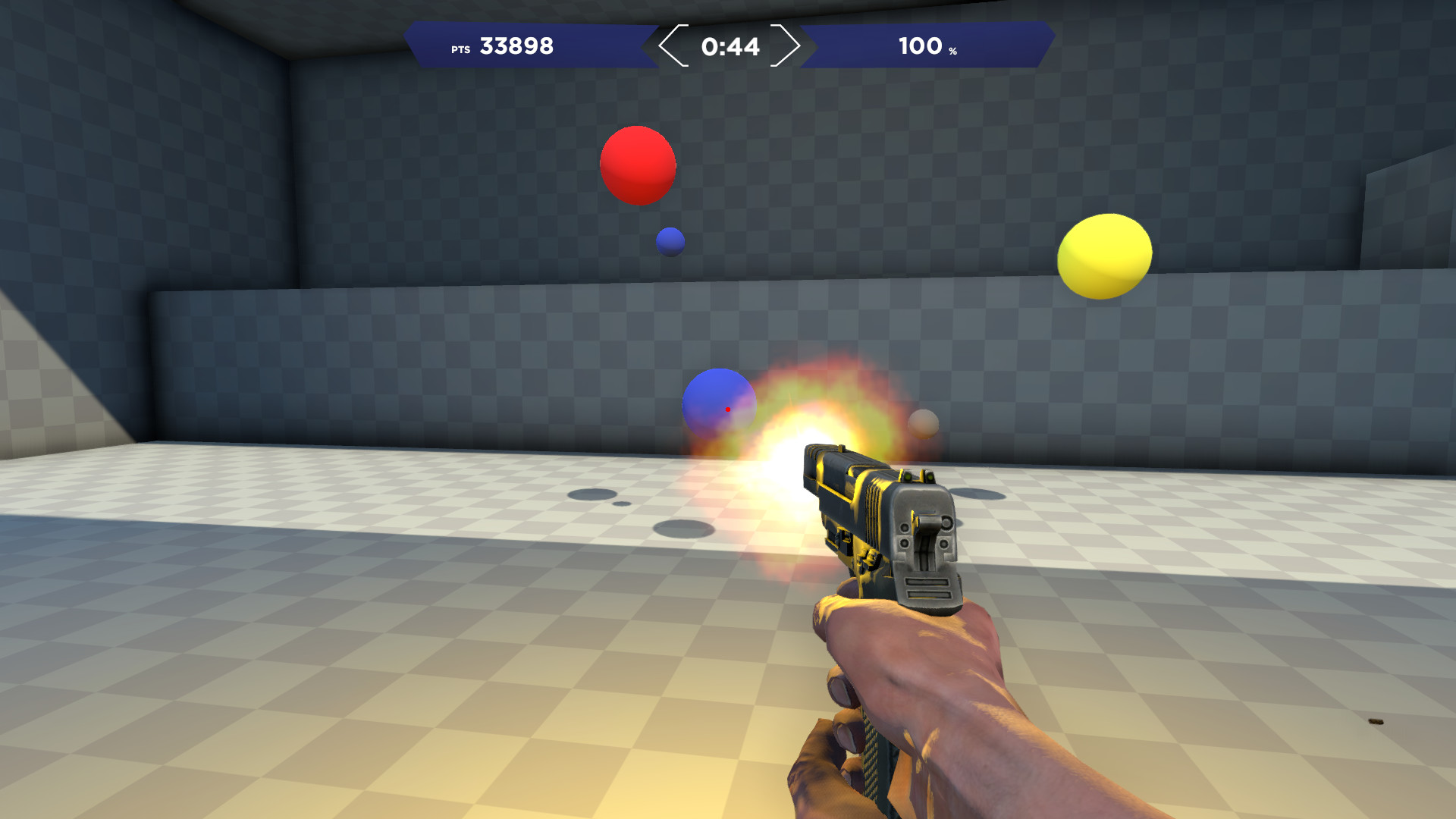
"With shooters there's always areas you can see where you need to improve and things you can do better."
"It's funny, the idea for this came to me after I had been playing guitar and learning Ozzy Osbourne's Mr. Crowley outro solo," Gardner admits. "I had to practice slowly until my fingers built up the procedural muscle memory to be able to do it. I realised it's almost the same thing with video games, and moving your mouse or joystick to aim."
Ok, so, as someone who regularly plays Call of Duty: Warzone myself, how do I improve my chances at being the last man standing in Verdansk? Let's start with the basics, which – if decades of scientific research is to be believed (and it absolutely should be) – also happen to resemble the foundation for improving almost everything else in your life: physical health.
Gardner elaborates: "With reaction speeds, you can actually start to see improvements through changes in diet and exercise. For example, Lutein and zeaxanthin [nutrients found in high concentration in many fruits and vegetables] has been shown in studies to cause your brain and visual system to begin to work more quickly and react to things faster. There are other factors that will lower your reaction speeds like lack of sleep, alcohol, and so on."

Beyond what we put in our body, and how much we exercise it, Gardner also points to aim trainers, programs designed to help you practice and track your precision skills, as a reliable tool for improving one's FPS performance.
"Aim trainers help build what's called procedural memory, our ability to perform motor tasks automatically, which, in turn, will cause faster reaction times and more accurate responses. I use Aim Lab for my aim trainer, for example, and have noticed a massive improvement in my aiming, especially it's consistency."
As it happens, Aim Lab's creator Statespace was founded by Dr. Wayne Mackey, a professor of – yep, you guessed it – neuroscience at NYU. It's just one example of the scientific field's growing interest in video games as a new frontier for uncovering the secrets within our head.
Head space
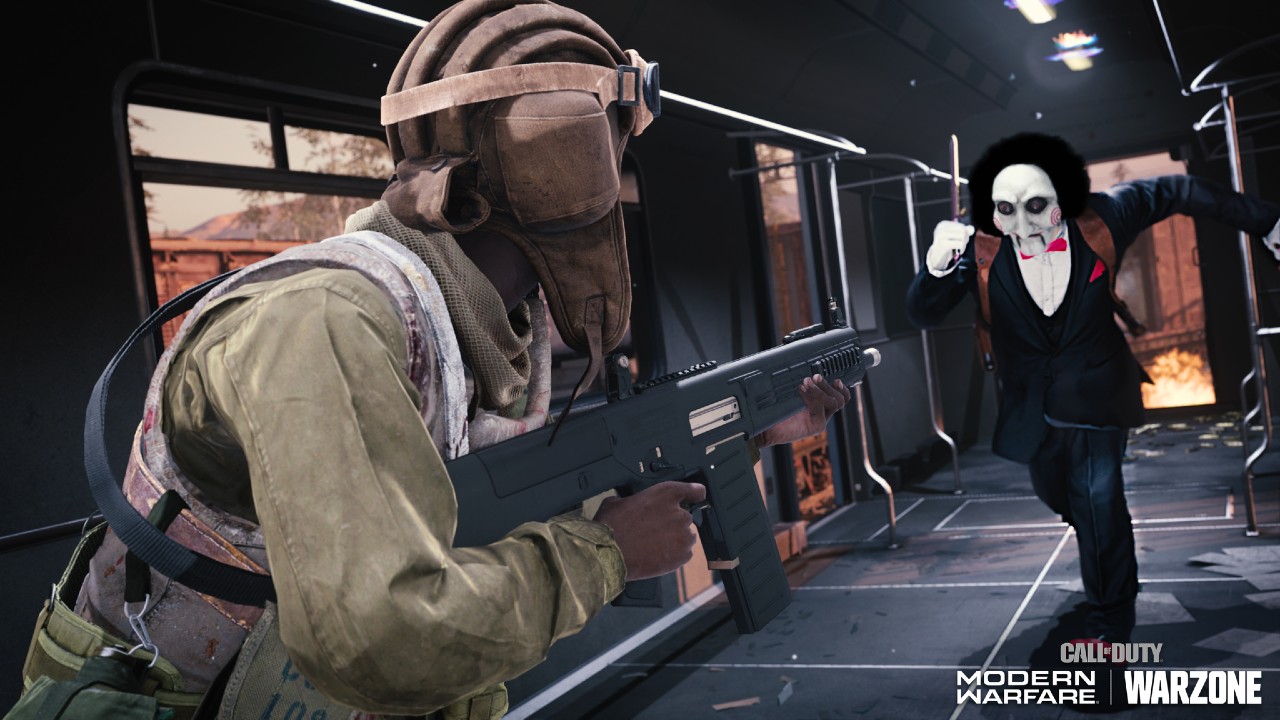
Historically, conversations around the relationship between video games and psychology have been turbulent at best, with tabloid headlines peddling unsubstantiated claims about their harmful effects on the brain. Myriad studies have proven the inverse, of course, while also stressing that we've still only scratched the surface when it comes to our understanding of the cerebral realm, let alone its relationship to external stimuli as involving and ever evolving as video games.
That's not a huge surprise. Whenever someone boots up their console of choice, they're essentially starting an interaction between two supercomputers, one organic, the other man-made, as both speak to each other in a polyphonic dance of audiovisual signals, neuromotor relays, and lightning-speed electrochemistry.
"The amount of detail that our brains work to connect our visual pathways to the rest of our brain is just mind blowing," Gardner tells me, the day after his video goes live on YouTube. "And all of it to improve our Darwinian chances of survival." It's no wonder he finds the whole thing so interesting.
For more, check out the best Call of Duty games to play right now, or watch our full review of Watch Dogs Legion in the video below.
I'm GamesRadar's Features Writer, which makes me responsible for gracing the internet with as many of my words as possible, including reviews, previews, interviews, and more. Lucky internet!



